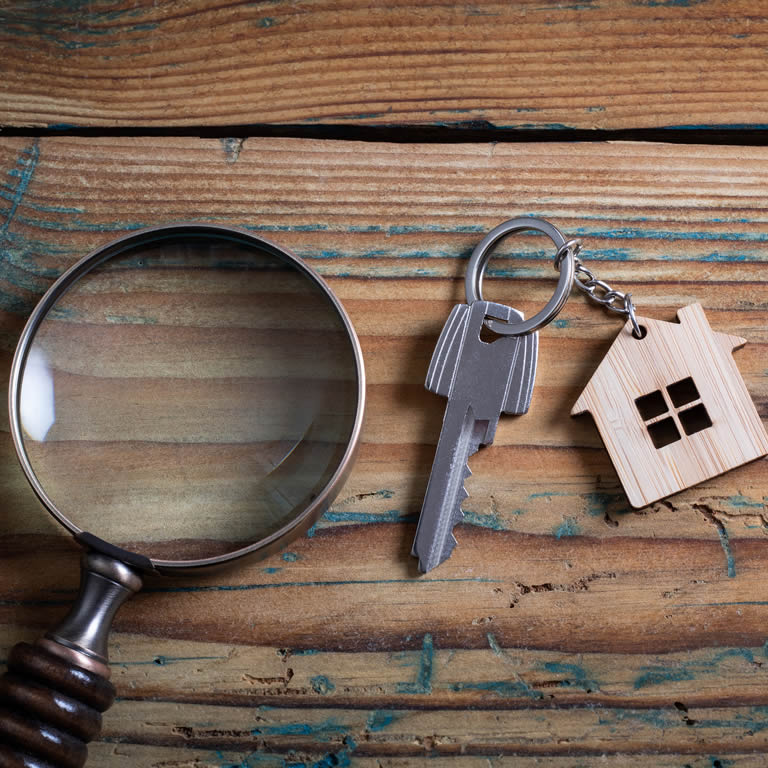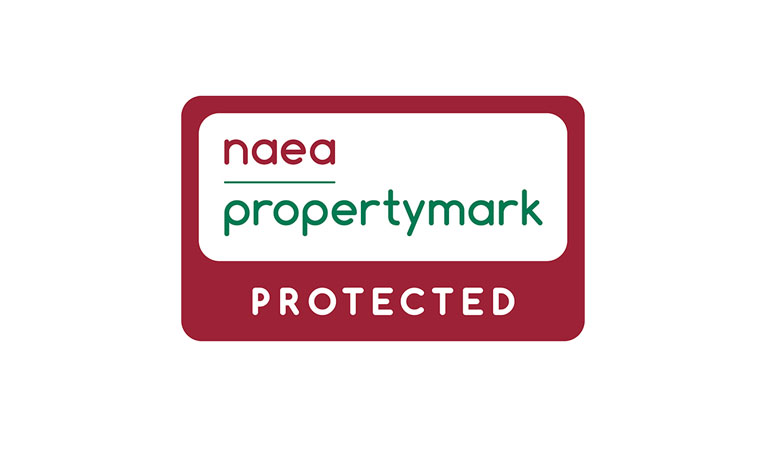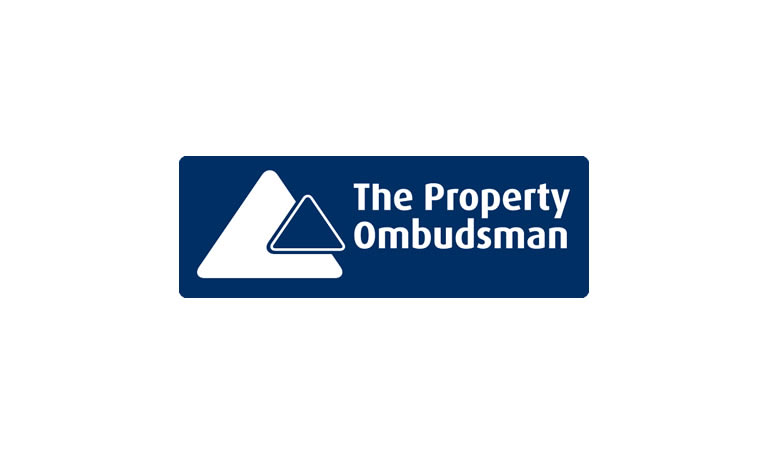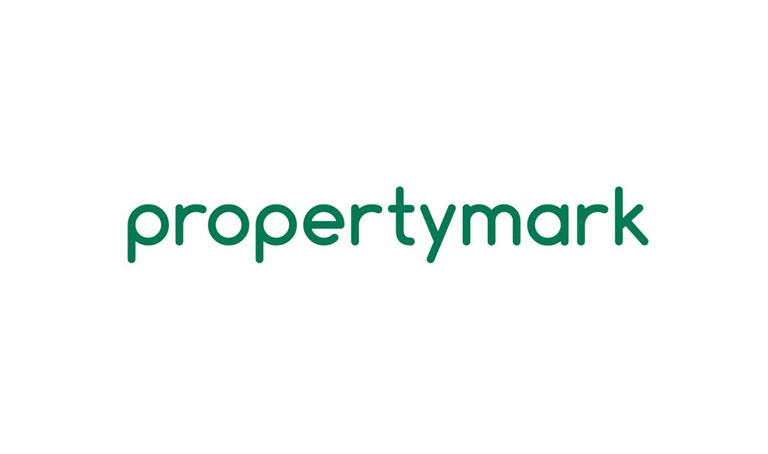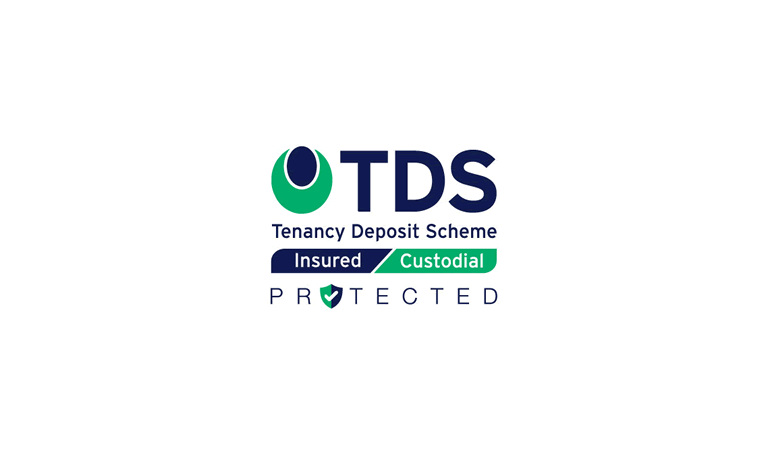How to Rent
If you’re renting for the first-time, you will want to know where to start and what the process is.
Before starting your search, there are several things to consider such as your budget, location, local amenities, whether you are looking for furnished or unfurnished property, and whether you require a pet-friendly property.
The best way to do this is to register with us and we’ll help you go through your best options so we can help you identify properties that will best match your needs. Pre-registering will also help speed up the process once the right property comes along.
Securing your Home
Once we have helped you find your ideal new rental property, you will want to secure it as quickly as possible, and to do this, you will need to pay a holding deposit which is the equivalent to 1 weeks rent (calculated as monthly rent x 12 ÷ 52). This will form part of your first month's rent once we have completed your referencing.
Before paying your holding deposit we will contact the landlord and seek their approval to go ahead with referencing. We will also discuss with them any special requirements such as permission for pets. We will let you know the landlord's decisions before requesting a holding deposit so you can decide whether to go ahead or not.
If you or any associated tenant misrepresent yourself, fail to disclose important information or provide false information which causes the referencing process to fail, or fail to provide referencing information within 15 days of agreeing to rent the property, your holding deposit may be forfeited.
Referencing
There are several referencing checks that will need to be carried out before you can rent a property, including:-
- Credit Check
- Employer References
- Proof of Address
- Proof of Identity
- Previous Landlord References
- Right-to-Rent Check (legally required)
Referencing is carried out by an independent tenant referencing company.
Your Tenancy Agreement
Most residential tenancies are Assured Shorthold Tenancies (AST) and we will prepare yours once referencing has been carried out.
Please read through your tenancy agreement thoroughly before signing and let us know if there are any minor changes required that we need to discuss with the landlord.
Security Deposits
Before your tenancy can start, you will need to pay a security deposit which is equivalent to 5 weeks rent (or 6 weeks’ rent where annual rent is more than £50,000).
This deposit will be registered with the TDS within 30 days of receipt and you will be provided with details of where yours is registered and its reference number.
This deposit is returnable to you at the end of the tenancy, less any agreed deductions for damages. The TDS scheme can also offer dispute resolution services should there be a disagreement over deductions.
Details can be found at www.thedisputeservice.co.uk
Rent
You will be required to pay one month’s rent in advance, although some landlords require 2-3 months upfront, and your first payment must be made at the same time as your security deposit, and before moving in.
Pet Premium
There may be additional rent of £15 a week if a landlord agrees to accept a pet.
Check In
Once you have signed your tenancy agreement, and all monies owed have been paid and cleared, it’s time to collect your keys.
In most instances, you will receive an inventory either on check-in or within a day or so. This is a very important document that details everything in your property and its condition at the start of your tenancy.
It is important that you go through this document thoroughly and check for any errors or omissions, as these need to be reported to the inventory company within seven days, otherwise, it will be deemed correct.
It’s a good idea to locate the fuse box and stopcock, and also check that the gas and electric safety certificates are valid and in-date at the same time.
If we are managing your property, we will also take meter readings and arrange for the transfer of utilities on the day your tenancy starts.
We will also check to see if the smoke and CO2 alarms are working before you move in. However, if we are not managing your property, please test your alarms on check-in.
During your tenancy, you are responsible for ensuring that they are working and that batteries are changed when required.
Congratulations! You can now move into your new rental home.
At the end of your Tenancy
When your tenancy has ended, you must leave the property in the same condition as you found it, including returning any items to their original positions, ready for check-out.
The inventory document issued at check-in will be used to identify any issues, and any items shown as your responsibility will then be quoted for and put on your deposit statement.
Ready to start your rental journey?
Register HERE
You can also find out more about renting HERE
Possible Additional Costs & Fees
Late Payment of Rent
Interest is charged on rent arrears at a rate of 3% above the Bank of England's base rate from the date the rent falls is due, until the date it is paid and can be levied from day 15 onwards.
Lost Keys and Security Devices
Charged at cost price of the replacement item/s.
Early Termination
In the unlikely event that you need to terminate your tenancy early, you must first obtain the landlord's approval and agree to the following conditions. You will need to pay the rent until the start date of the new tenancy and also the landlord re-letting costs. These re-letting costs include the check-out fee, referencing fee, inventory update fee, and you also be liable to pay for locating a new tenant at 8% of the rent due up until the end of your tenancy.
Client Money Protection
We use propertymark to protect our clients' money. Our scheme number is CO126109.
View Certificate
Redress Scheme
We use The Property Ombudsman' redress service for lettings. More information on this service is available at www.tpos.co.uk. Our membership number is D00842.
Register with us
